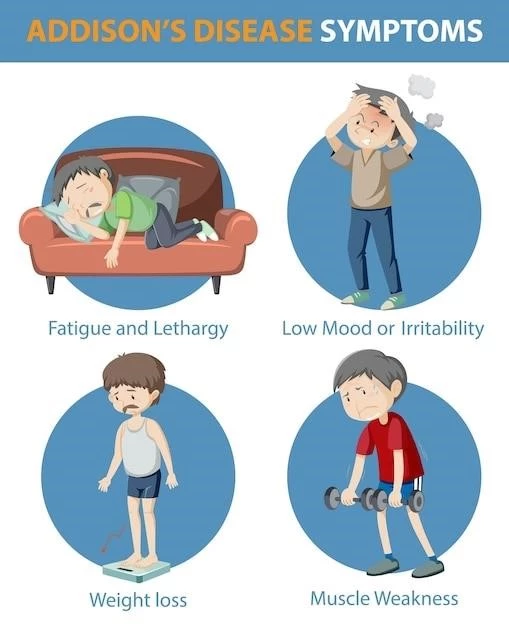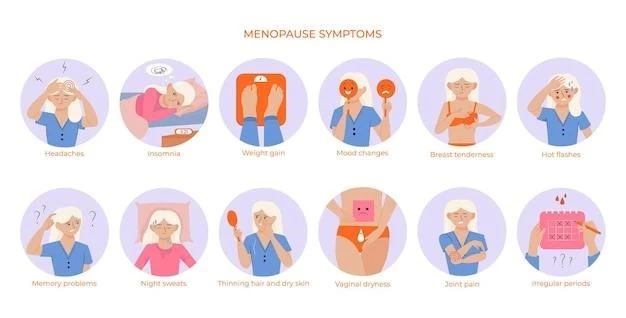Overview of Aksu-Stckhausen Syndrome
Aksu-Stckhausen Syndrome is a rare genetic disorder characterized by developmental delays, intellectual disability, and distinctive facial features. Individuals with this syndrome may also experience seizures, hearing impairment, and heart defects. Early diagnosis and intervention are crucial for managing the symptoms and improving the quality of life for affected individuals.
Common Symptoms of Aksu-Stckhausen Syndrome
Common symptoms of Aksu-Stckhausen Syndrome include developmental delays, intellectual disability, seizures, distinctive facial features, hearing impairment, and heart defects. Individuals may also exhibit growth delays, feeding difficulties, and skeletal abnormalities. Due to the wide range of symptoms, a multidisciplinary approach to treatment is often necessary.
Diagnosis of Aksu-Stckhausen Syndrome
Diagnosis of Aksu-Stckhausen Syndrome involves clinical evaluation, genetic testing, and imaging studies to assess developmental delays, intellectual disability, and physical anomalies. Genetic counseling can help families understand the inheritance pattern and recurrence risk. Early diagnosis enables the implementation of appropriate interventions and support services.

Understanding the Genetic Causes of Aksu-Stckhausen Syndrome
Genetic Background of Aksu-Stckhausen Syndrome
Aksu-Stckhausen Syndrome is caused by mutations in the PDGFRB gene, affecting the development of various body systems. This gene provides instructions for making a protein that plays a crucial role in cell growth and division. Mutations disrupt this process, leading to the characteristic features of the syndrome. Understanding the genetic basis is essential for targeted therapies and management strategies.
Genetic Counseling for Individuals and Families
Genetic counseling for Aksu-Stckhausen Syndrome involves discussing the inheritance pattern, recurrence risks, and available testing options. This process helps individuals and families understand the genetic basis of the syndrome and make informed decisions about family planning. Counseling also provides support and resources for coping with the emotional aspects of genetic disorders.
Treatment Options for Aksu-Stckhausen Syndrome
Multidisciplinary Approach to Treatment
A multidisciplinary approach to treating Aksu-Stckhausen Syndrome involves specialists from various fields like neurology, developmental pediatrics, speech therapy, and physical therapy. This collaborative effort aims to address the diverse symptoms and needs of individuals with the syndrome, focusing on maximizing their development, independence, and overall quality of life.
Symptom Management Strategies
Effective symptom management strategies for Aksu-Stckhausen Syndrome may include medications to control seizures, early intervention services for developmental delays, and physical therapy for motor skills. Speech therapy can help with communication difficulties, while ongoing monitoring and support from healthcare providers are essential to address changing needs and optimize outcomes for individuals with the syndrome.
Aksu-Stckhausen Syndrome Research Advances
Current Research Efforts
Ongoing research on Aksu-Stckhausen Syndrome focuses on understanding the molecular mechanisms underlying the disorder, developing targeted therapies to address specific symptoms, and improving diagnostic methods. Collaborations among researchers, clinicians, and affected individuals play a crucial role in advancing knowledge and potential treatments for this rare genetic condition.
Collaborations and Partnerships in Aksu-Stckhausen Syndrome Research
Collaborations and partnerships in Aksu-Stckhausen Syndrome research are essential for sharing knowledge, resources, and expertise. By working together, researchers can accelerate discoveries, enhance clinical care, and provide better support for individuals and families affected by the syndrome. Collaborative efforts help drive progress in understanding the syndrome and developing innovative treatments.
Coping Strategies for Individuals with Aksu-Stckhausen Syndrome
Psychological Support for Patients
Psychological support for individuals with Aksu-Stckhausen Syndrome is crucial in addressing emotional well-being and improving overall quality of life. Counseling, therapy, and support groups can help individuals cope with the challenges of the syndrome, develop coping strategies, and enhance self-esteem. A holistic approach to care that includes psychological support is essential for promoting mental health and resilience.
Building a Support Network
Building a support network for individuals with Aksu-Stckhausen Syndrome involves connecting with other affected individuals, families, support groups, and healthcare professionals. This network offers emotional support, information sharing, and resources to navigate challenges, celebrate achievements, and promote a sense of community. Establishing a strong support system is essential for enhancing well-being and resilience.
